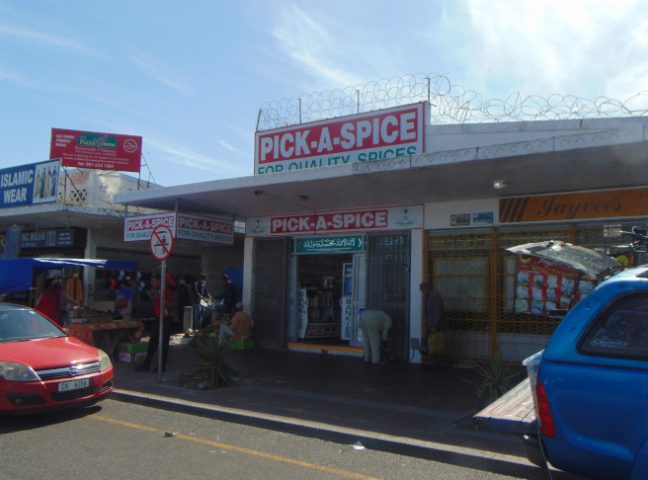
The Spice Wars (Part Four) – Before the Storm
December 29, 2021
The Spice Wars (Part Six) – The DEIC
January 1, 2022By Satish Sekar © Satish Sekar (December 29th 2021)
Game Changer
The Portuguese had been in the ascendancy. They had access to the sailing routes and exclusive control over the European Spice Trade in the 16th Century. But Portuguese attempts to impose their religion on various indigenous peoples in Asia and the East Indies backfired to the point it presented an opportunity to the Dutch to do the same but with greater success.
The first Dutch expedition was ill-thought out and very poorly prepared.
There were internal squabbles and demands for a monopoly of trading nutmeg from the sole source, the Banda Islands, were given short shrift. At the instigation of the Portuguese the price was raised. Incredibly, that fiasco of a trip was considered a success as a sharp rise in the price of nutmeg in Europe the trip became profitable. It suggested that a better planned trip could be very successful and lay the foundations for Dutch rule of the lucrative colonies. The Portuguese Empire – at least its greatest assets were now vulnerable.
The first great European Empire of the modern era collapsed quickly, as the Dutch had the means to challenge their supremacy in the east of Asia and the East Indies. Other competitors had opened routes to trade with Arabs and both the Dutch and British challenged their power and control of the Spice Trade in India.
The Portuguese Empire would all but collapse as a result. But first the Dutch had to oust the Portuguese. The second expedition of 1598-1600 laid the foundations to grab control of the Spice Trade and ultimately change the world.
The End of the Beginning
To avoid squabbling over the riches on offer the Dutch East India Company was established in 1602. It was the beginning of disaster and not just for the former subjects of the Portuguese Empire in East Asia and the East Indies. Although the Portuguese landed on Ambon Island in the East Indies in 1513 the story was very similar throughout East Asia and the East Indies. It was not colonised until 1580.
The resentment of indigenous people against the Portuguese’s attempts to build forts and force their religion on them played into the hands of the Dutch. In 1605 Ambon fell to the Dutch. Two years earlier the Dutch won control of the strategic port of Bantam in Java. It had been so important that previously a Sultunate was based there. The British also had a presence in Bantam at the same time without arousing the hostility that both the Portuguese and Dutch would face.
Despite the preliminary failures to oust the Portuguese, the Dutch developed important bases and gradually pushed the Portuguese out of the trade, although it took decades to complete.
Nevertheless, the Spice Wars were heating up. They had seen what was on offer, total control of the lucrative trade in nutmeg if they could seize the Banda Islands. But beneath Dutch support and supposed friendship was a sinister plan – one their opponents should have seen coming.
In February 1605 Steven van der Hagen captured Fort Victoria in Ambon without a fight from the Portuguese. It was a significant victory in the struggle to control the Spice Trade. Less than two decades later a supposed plot was uncovered resulting the execution of British merchants – it would be used to justify the declaration of war between Oliver Cromwell’s forces and the Dutch decades later.
Van der Hagen had played a vital role in carving entry for the Dutch into the cloves trade. He was also a rare administrator as he objected to the mistreatment of indigenous people. The Dutch East India Company had finally gained a foothold in the lucrative trade. It gave them the taste for more. But where van der Hagen had scruples, others didn’t.
Armed with trade agreements and easier proximity the big prize of the Banda Islands was finally within grasp, but it wasn’t just the Portuguese that stood in the way.



